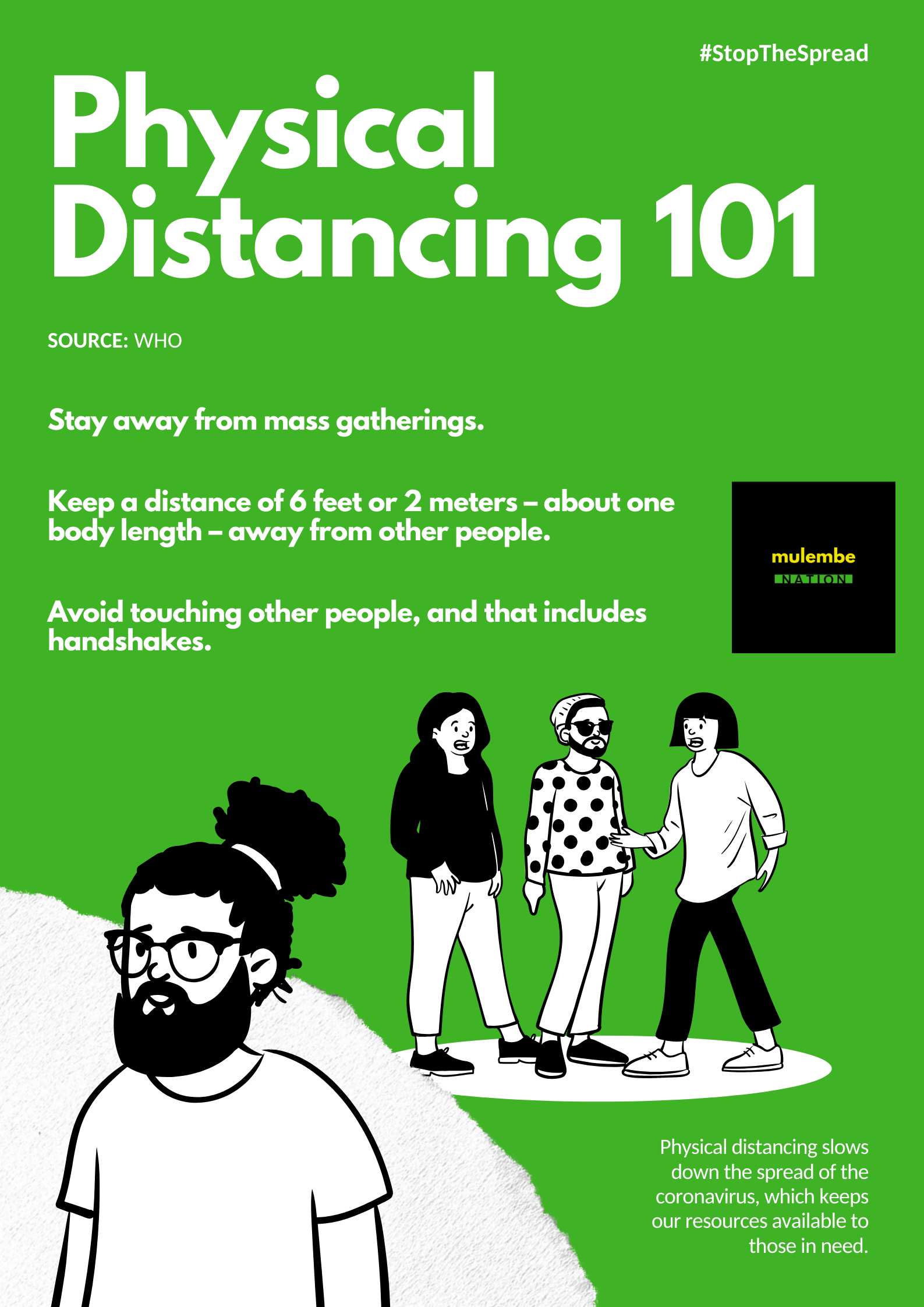Things are stale, boring and frustrating. In addition, livelihoods are being decimated left, right and center. It seems like there’s no end in sight. Further, the constant propaganda wars only up the ante – at the wrong end of the dial. Pity our state of mind. How the familiarity and assurance of ‘we-have-been-here-before’ from a Maragoli folktale can help fight COVID-19.
You have seen it in the US as President Trump battles the governors over reopening of the world’s leading economy. In France, pronouncements by its leadership over football returning in September at the earliest hasn’t gone down well with football fans world over. Football like other religions has come to a halt. Over in Germany, the scientific community has come out guns blazing over cautious lift of the coronavirus lockdown in the European giant. The writing is on the wall.
The changing face of the pandemic
Closer home, Burundi finally caved in and suspended football. Most of us thought the Burundian experiment a nutcase. Secretly though we all saw our East African brothers as some sort of control group, macabre nonetheless, and hoped for hope against the virus.
In Kenya, the government continues to send mixed signals: allowing some business to resume operations under a new normal of tighter hygiene and regulatory controls; news that came almost in the same breadth as the president extending the lockdown in Nairobi and the coastal counties by a further 21 days.
Meanwhile chatter on social media has seen Kenyans calling for ‘more information’ during the daily ministry coronavirus updates. In my books this points to an agitation among the people for a change in the status quo.
Our individual and collective state of mind has taken a battering. Life in the age of coronavirus is frustrating, annoying, boring or even plain outright disgusting. Large sections of this new normal are unpaltable. Especially that part of not knowing if things will ever revert back to something we know. Worse, not marching forward nor closing the door on that hope.
The increasingly noisy chatter for ‘more’ has been only been periodically interrupted by Mulamwah‘s troubles, our daily fix of politics and news on our inability not to be corrupt even as the virus threatens tomorrow. Slim pickings.
Throw in street protest in America and across Europe agitating for freedom of movement and the tempering of what the protesters call an overreaction to the pandemic. Simply put, alternative voices cautioning that the cure (lockdowns etc,) may be worse the disease are getting louder. One gets the feeling that the camel is tired.
Shooting the messenger
More than ever, health authorities face challenges of putting across their key message of #StayHome #StaySafe in mitigating the spread of the virus. The message is not sinking as savings get depleted, food stocks dwindle and jobs are lost.
The initial alarm of fatalities have been numbed by the old human habit of adaptability from desensitization. This is the new normal: some people die, some don’t, just like any other disease. Geopolitical play that has seen conspiracy theory after conspiracy theory over the origin and play in the spread of the virus hasn’t helped either.
The reason why we here believe the world needs new tools against the virus. Indeed it’s time for humanity to look deeper into its toolkit for such situations.
As the successful fight against the 2018 Ebola outbreak in the Congo taught us, sometimes the answers lie in local knowledge. The joint international and local effort in the Congo attributed their success to change in tact. Once the strategies against Ebola were designed to be reflexive and sensitive to local realities, norms and practice the sun shone again. This is a fact that front line health professionals and bodies in that fight have documented here, here and here.
Why a Maragoli folktale can help fight COVID-19
It is for this reason that we propose that a well known Maragoli folktale can help fight COVID-19. In this story, a man named Kibisu embarks on a self imposed self quarantine every certain time of the year. Checking our calendars, Kibisu annual sojourn, to an unlikely part of the traditional Maragoli house for a man in a traditionally patrilineal society, happens just about this time of the year.
It’s not only in the timing that we find value of this Maragoli folktale, but because few things move my people than the assurance that comes from knowing that our forebearers faced such and beat it.

